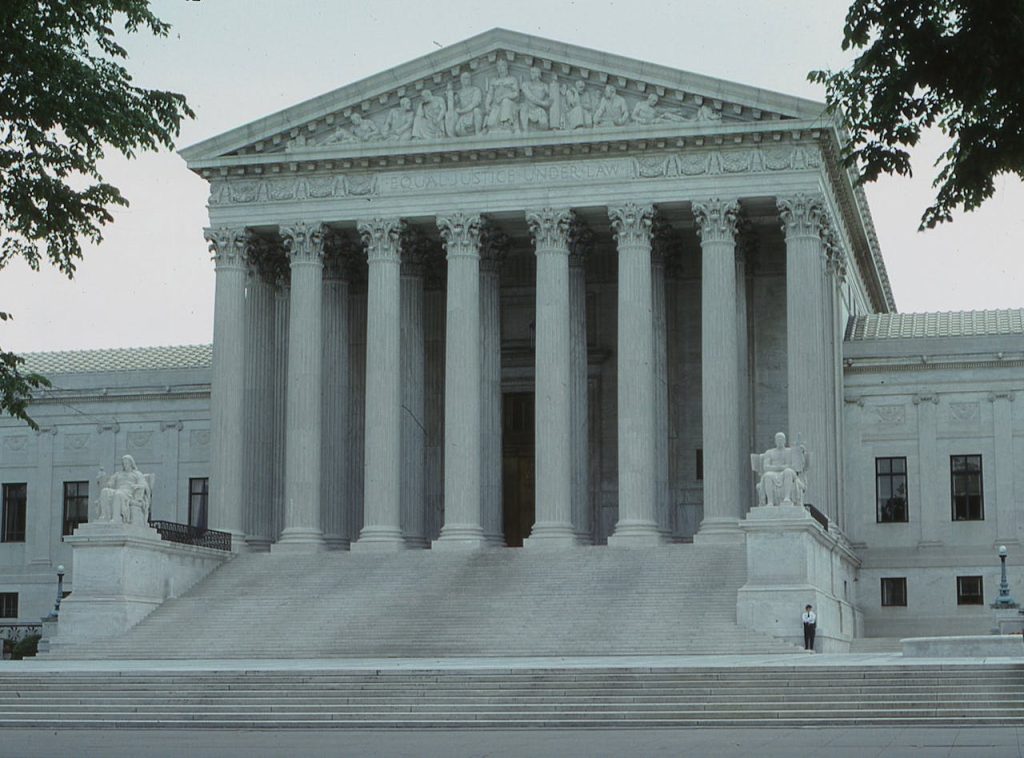The Supreme Court allowed the Trump administration to withhold hundreds of millions of dollars in federal health research grants. This decision could reshape budgets at universities and research institutions nationwide.
In a 5–4 decision, the justices blocked parts of a lower-court ruling that had barred the administration from cutting off National Institutes of Health (NIH) grants in areas the White House deemed objectionable. Those grants involve research related to diversity measures, transgender issues, and Covid.
Supreme Court withholds hundreds of millions in research grants
By claiming that the Boston federal judge who first stopped the cuts lacked jurisdiction, Solicitor General John Sauer requested emergency relief. He said the district court “couldn’t interfere with the administration’s termination of the grants even if he did.”
Although a separate 5–4 majority refused to block parts of the Boston ruling that invalidated the directives that formed the basis of the cancellations, the five most conservative justices agreed with the administration’s position. The deciding vote in both sections of the order was cast by Justice Amy Coney Barrett. The Court stressed that Thursday’s decision does not constitute a final judgment and that the case is still pending.
According to Grant Witness, a nonprofit research watchdog, the decision affects roughly 900 NIH grants, totaling an estimated $3.8 billion. Although Grant Witness cautions that the actual amount “could be higher,” the government has taken steps to end roughly $783 million in unpaid funding.
Frustration voiced by American Public Health Association
One of the challengers, the attorney general of Massachusetts, denounced the ruling as “wrong and deeply disappointing.” Frustration was also voiced by the American Public Health Association. The Department of Health and Human Services did not immediately respond to inquiries from NIH.
The funding dispute occurs as research budgets at universities across the country are severely disrupted. Just over half of university research funding now comes from government science grants. However, in the first months of the Trump administration, thousands of grants have been canceled, leaving universities in a bind
Hundreds of grants were terminated at prestigious universities like Harvard University and Columbia University. However, both have since announced agreements with the administration to restore funding. With frozen accounts and no end in sight, other universities—including Northwestern University—remain in limbo.
The Impoundment Control Act, which limits the executive branch’s ability to halt congressionally appropriated funds, is violated by NIH’s cancellations and delays, the Government Accountability Office warned earlier this month. Although it has rarely done so, the GAO may file a lawsuit to get the money released.
Concerns have been raised that the National Science Foundation and NIH might not be able to distribute their entire budgets before the fiscal year ends because they have issued billions less in new funding this year than they have in previous years.
Featured Image Credit: Malcolm Hill; Pexels: Thank you!















